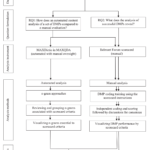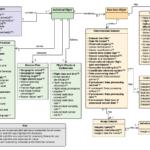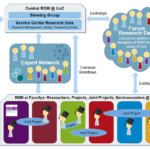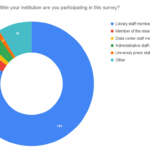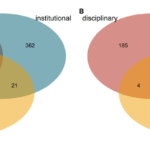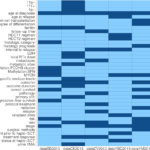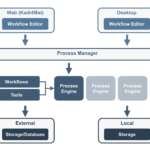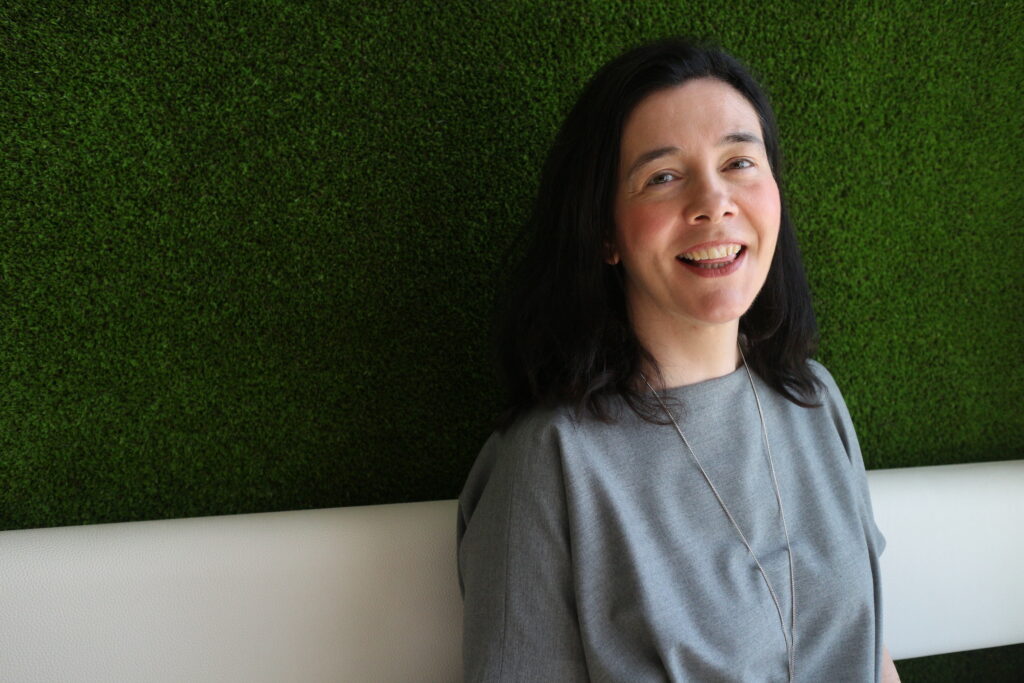

National Mapping Efforts Support Government at All Levels
Efforts to map data at a national level can help state and local government agencies better serve constituents — especially where health and safety are concerned. One such effort is a place-based tool from the Centers for Disease Control and Prevention (CDC), known as the Environmental Justice Index (EJI), which went live in August of 2022.
XDI releases world-first comparison of every state’s physical climate risk
The engine rooms of the global economy are among states and provinces most at risk from climate change and extreme weather according to a new ranking of the physical climate risk of every state, province and territory in the world released by XDI (The Cross Dependency Initiative) – a world leader in physical climate risk analysis.
Weather tracker: world braces for sudden stratospheric warming event
There has been keen interest over recent weeks in the much-anticipated sudden stratospheric warming (SSW) event, which only began this week but is now well under way. The SSW phenomenon is linked to the polar vortex, an area of low pressure across the North Pole that forms within the stratosphere during autumn, as temperatures plummet in the absence of solar radiation.
Why did a Turkish City withstand the quake when others crumbled?
Erzin survived last week’s 7.8-magnitude quake with no casualties and little damage. The mayor credited his enforcement of building standards, but scientists say it is more likely about geology.
Words Matter: Stop Using the Phrase ‘Natural Disasters’
A holistic disaster risk management approach starts with a change in the way we refer to disasters. The phrase ‘natural disaster’ is used in the news, in social media, and in everyday conversations to describe extreme events like hurricanes, floods, earthquakes, or volcanoes. But the term is problematic – if not harmful.

WorldFAIR Project (D13.1) Cultural Heritage Mapping Report: Practices and policies supporting Cultural Heritage image sharing platforms
The WorldFAIR Project’s Cultural Heritage Work Package (WP13) outlines current practices guiding online digital image sharing by institutions charged with providing care and access to cultural memory, in order to identify how these practices may be adapted to promote and support the FAIR Principles for data sharing.
Sustainable Urbanisation to Enhance Climate Resilience
With the increasing urgency of the climate crisis, it is important to ensure our country is adequately equipped to handle its impacts. This is especially true for the urban lens, which ongoing climate change policy cannot afford to ignore, given that Malaysia is increasingly urbanised. Building resilient cities — cities that can absorb, recover and prepare for climate-related shocks and promote sustainable development — is vital towards creating a climate resilient Malaysia.
Climate Resilience – What can we learn from Pastoral Systems in Africa’s Drylands?
This policy brief aims to draw attention to the lessons pastoral systems offer in the face of climate change. Exploring the key factors enabling and hampering the resilience of pastoral systems to climate change, it shows how the challenge of sustainable and resilient food systems could be tackled under increasingly unpredictable climate conditions.
Building disaster resilience: a study of disaster events and financial lending stream
This report highlights the urgent need to rewire the current financial systems towards (a) de-risking current investments (b) integrating risk reduction into credit allocation and (c) redirecting financial flows towards risk reduction. The report opens with case studies on eight disaster events over the past decade that explore in detail the financial and economic costs of these events.
A data-driven approach to rapidly estimate recovery potential to go beyond building damage after disasters.
This study shifts attention beyond estimating building damage as the main source of information after an earthquake by introducing an approach to rapidly identify the obstacles that lead to the lack of household recovery progress. Following a disaster, crucial decisions about recovery resources often prioritize immediate damage, partly due to a lack of detailed information on who will struggle to recover in the long term.

UN 2023 Water Conference
The UN 2023 Water Conference – formally known as the United Nations Conference on the Midterm Comprehensive Review of the Implementation of the Objectives of the International Decade for Action, “Water for Sustainable Development”, 2018-2028 – will take place at UN Headquarters in New York, 22-24 March 2023, co-hosted by Tajikistan and the Netherlands.
Midterm review of the UN’s disaster prevention framework (2015-2030)
A midterm review of the UN’s disaster prevention framework by the International Science Council will be launched on 1 March 2023. The report has been produced by the ISC as part of an official midterm review by the UN Office for Disaster Risk Reduction (UNDRR) of the Sendai Framework, which sets out to reduce the human, economic and social cost of disasters.
From Sendai to Doha – Reducing Risk for a Resilient, Productive and Sustainable Future in All LDCs
This event seeks to showcase some of the offers of support from the United Nations system and its partners to address the particular challenges and bottlenecks faced by Least Developed Countries (LDCs) in their implementation of the Sendai Framework for Disaster Risk Reduction with a view to accelerating implementation of the Doha Programme of Action.
Workshop: Systematically identifying, assessing and recommending actions for strengthening community resilience across multiple communities and countries
This session aims to build understanding of factors affecting public health system resilience across multiple communities and countries to COVID-19 pandemic and other emergencies.











